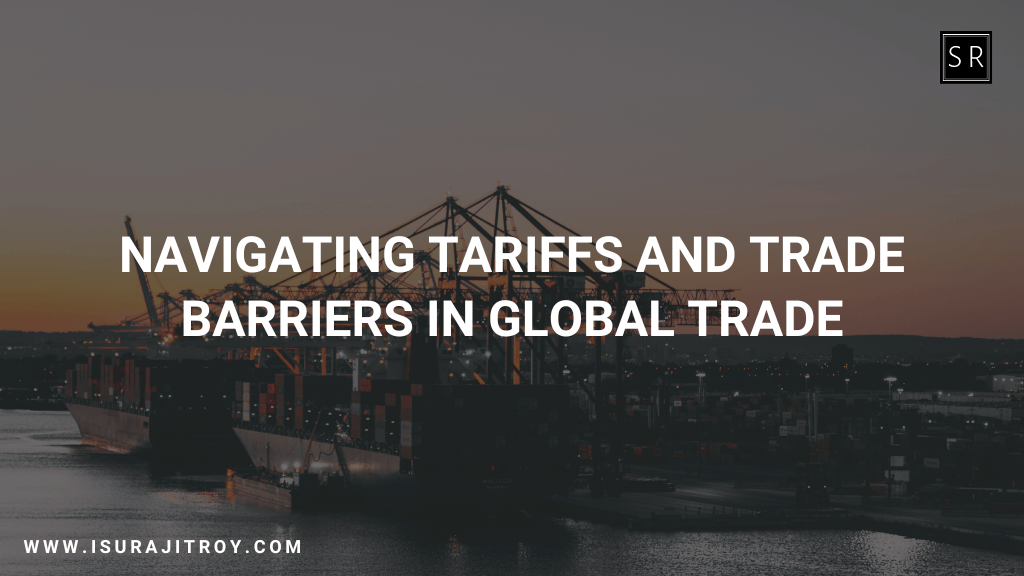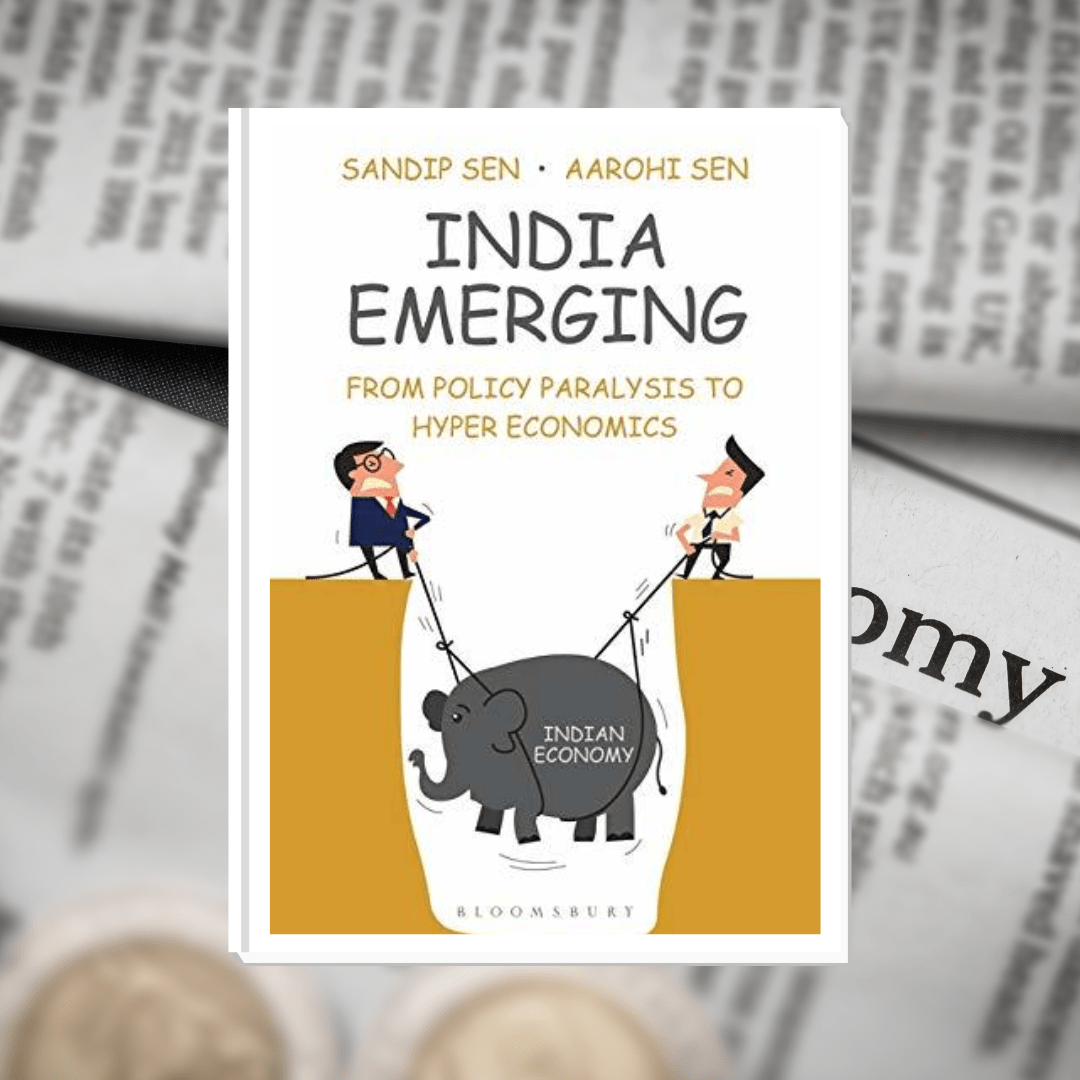
Tariffs and trade barriers are critical factors that businesses must consider in the world of international trade. This guide will explain tariffs, trade barriers, and their effects on global trade.
What Are Tariffs?
A tariff is a charge imposed on imported products and services from another nation. A tariff raises the price of imported goods in order to shield home industries from foreign competition. Tariffs are another tool a nation can employ to increase its revenue.
Ad valorem tariffs are calculated as a percentage of the product’s value. Specific tariffs are calculated as a fixed amount per unit of the product. Another motive to implement tariffs is to defend domestic industry, correct trade imbalances, or advance national security.
Types of Trade Barriers.
Trade barriers are impediments that restrict or obstruct the unrestricted movement of goods and services between nations. Tariff and non-tariff barriers are the two primary categories into which they can be divided.
Tariff Barriers:
As discussed earlier, tariffs are taxes imposed on imported goods. They are tariff barriers that raise import prices, making them less competitive on the domestic market.
Non-Tariff Barriers:
Non-tariff barriers are policies or regulations that restrict trade in ways other than tariffs. They can include things like quotas, embargoes, subsidies, and technical barriers to trade.
Quotas limit imports of a product. Embargoes prohibit trade with a specific country. Subsidies provide financial assistance to domestic industries, giving them an advantage over foreign competitors. Technical trade obstacles restrict foreign companies’ sales in a country.
The Impact of Tariffs and Trade Barriers.
Tariffs and trade barriers affect global trade. They can safeguard home industries from international competition, preserving jobs and boosting economic growth. However, they can raise import prices, hurting consumers and businesses that use them.
Trade barriers can also lead to retaliatory measures from other countries. For instance, Country B might apply a tariff on commodities arriving from Country A in retaliation if Country A taxes goods coming from Country B. A trade war may result from this, which could harm the world economy.
Conclusion
In conclusion, tariffs and trade barriers are crucial aspects of international trade. Non-tariff barriers hinder commerce without imposing duties on imported goods. They can have a significant impact on international trade, affecting both domestic industries and consumers. Businesses must understand these barriers and how they effect international trade.




